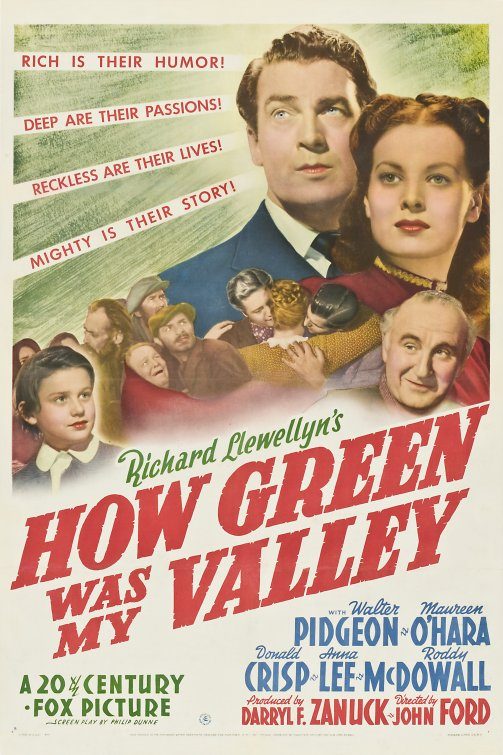“Obsessive Lust Kills”

| None | Light | Moderate | Heavy | |
|---|---|---|---|---|
| Language | ||||
| Violence | ||||
| Sex | ||||
| Nudity |
What You Need To Know:
ASYLUM is a well-acted drama starring Natasha Richardson, Ian McKellan, and Hugh Bonneville. It is, however, a depressing, distasteful work that fails to reach the moral, dramatic heights of Shakespearean tragedy. The acting and the movie’s unrelenting tragedy may please some, but one has to sit through a lot of awful, immoral things. ASYLUM’s indirect premise seems to be, “Obsessive lust kills the spirit and the body,” but it needed to be stronger. Ultimately, the movie’s characters, story and explicit sexual content are unpalatable.
Content:
(HH, AB, B, Ho, L, VV, SSS, NN, A, D, MMM) Strong humanist worldview with humanist psychiatrists and characters, and skepticism against God expressed in one brief part of the dialogue, with a possible moral premise in the narrative that seems to say, “Obsessive lust kills the spirit and the body,” and brief homosexual reference about character who may be homosexual; eight obscenities and one light profanity; violent content includes references to man having beaten and killed his wife, man beats and hits and almost strangles woman, slapping, police capture fugitive, accidental drowning, and suicide fall onto glass roof; depicted adultery, depicted oral sex, implied sex, and reference to one character probably being homosexual; brief upper female nudity in two scenes, rear female nudity in one scene and rear male nudity in one scene; alcohol use; smoking and doctors give mental patients drugs; and, lying, obsession, betrayal, jealousy, envy, negative mother figure, loveless marriage, etc.
More Detail:
ASYLUM is a well-acted psychological drama, what with thespians like Natasha Richardson, Ian McKellan, Hugh Bonneville, and Marton Csokas contributing their best efforts. It is, however, a depressing, distasteful work that fails to reach the moral and dramatic heights of Shakespearean tragedy. Therefore, MOVIEGUIDE® cannot really recommend ASYLUM to lovers of cinema or lovers of God. The unrelenting tragedy of the movie and the acting may stir the emotions and theatrical taste of some viewers, but one has to sit through a lot of awful, immoral things, although, in the end, the movie’s premise seems to say, “Obsessive lust kills the spirit and the body.” Thus, viewers can perhaps say that the movie indirectly takes a stand against sexual obsession and romantic love devoid of moral conscience. This moral premise could have been made much stronger, especially if the filmmakers ditched the story’s humanist worldview.
ASYLUM would have been a lot more effective perhaps if it tried harder to gain sympathy for the wife, whose character seems demoralized, withdrawn and hardened by an unsuccessful, unsatisfying marriage. Even in Shakespeare’s violent, gory tragedy MACBETH, sympathy can be obtained by having the actors playing the tragic villains, Macbeth and his wife, focus on the heroic and loving qualities in their characters. In that play, Macbeth and his wife also experience horror and despair when they go on their brutal rampage and realize at times what kind of evil they have had to do in order to satisfy their ambitions. Of course, MACBETH has beautifully descriptive language that soars and inspires. If nothing else, a good production of MACBETH can entice viewers with Shakespeare’s sublime poetry. If you listen closely now, you might still be able to hear the despair and anger in Macbeth’s voice as he begins, “Tomorrow and tomorrow and tomorrow creeps in this petty pace. . .”


 - Content:
- Content: 

